|
Spiritual, Moral, Social and Cultural (SMSC) Development
Spiritual, Moral, Social and Cultural (SMSC) development is the over-arching umbrella that encompasses personal development across the whole curriculum. It requires schools to think about the kind of people we aspire to be, the kind of world we aspire to create, and the kind of education we aspire to provide. SMSC is not a subject in itself and is not taught as a separately from other subjects; it permeates everything we aim to achieve and everything we do.
|
|
|
|
|
|
Spiritual Development
The spiritual development of pupils is shown by their:
- ability to be reflective about their own beliefs, religious or otherwise, that inform their perspective on life and their interest in and respect for different people’s faiths, feelings and values
- sense of enjoyment and fascination in learning about themselves, others and the world around them
- use of imagination and creativity in their learning
- willingness to reflect on their experiences.
At Northenden Community School we do this through …
- Religious Education
- assemblies
- promoting equality
- developing an understanding of different faiths and traditions
- developing awe, wonder and creativity in learning
- develop a love of learning, including the idea of ‘flow’ and being absorb in something
- appreciating the uniqueness and special qualities in each other
- exploring the intangible, e.g. hope and love
- encouraging imaginative and critical thinking
- developing and sharing positive values and virtues
- enabling pupils to understanding their feelings and emotions
- developing personal responses to stimuli, e.g. in art and music
- developing skills of understanding and empathy with others
|
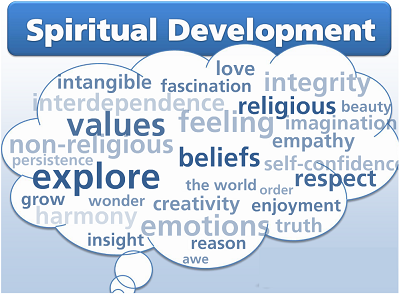 |
|
|
|
|
Moral Development
The moral development of pupils is shown by their:
- ability to recognise the difference between right and wrong and to readily apply this understanding in their own lives, recognise legal boundaries and, in so doing, respect the civil and criminal law of England
- understanding of the consequences of their behaviour and actions
- interest in investigating and offering reasoned views about moral and ethical issues and ability to understand and appreciate the viewpoints of others on these issues.
At Northenden Community School we do this through …
- clear Behaviour Code (the school rules)
- behaviour policy, including understanding the consequences of their behaviour
- anti-discrimination, anti-racist and anti-bullying policies
- PSHE and Citizenship Education
- exploring moral dilemmas across the curriculum, e.g. writing from different viewpoints
- children’s accountability to each other for their behaviour
- exploration of moral and other issues through discussion
- encouraging children to be honest and tell the truth
- helping children to resolve conflicts with each other
- understanding and respecting each other’s feelings, opinions, views and beliefs
- exploration of ethical issues in the curriculum, e.g. Fair Trade
- promoting the rules and laws of the United Kingdom and social justice
- looking after the local and global environment
- developing values and positive character traits
|
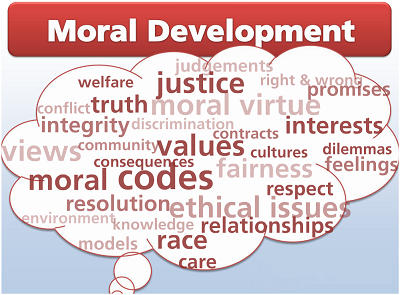 |
|
|
|
|
Social Development
The social development of pupils is shown by their:
- use of a range of social skills in different contexts, for example working and socialising with other pupils, including those from different religious, ethnic and socio-economic backgrounds
- willingness to participate in a variety of communities and social settings, including by volunteering, cooperating well with others and being able to resolve conflicts effectively
- acceptance and engagement with the fundamental British values of democracy, the rule of law, individual liberty and mutual respect and tolerance of those with different faiths and beliefs; they develop and demonstrate skills and attitudes that will allow them to participate fully in and contribute positively to life in modern Britain.
At Northenden Community School we do this through …
- PSHE and Citizenship Education
- developing effective family relationships and friendships
- encouraging kindness and thoughtfulness
- promoting good manners and politeness
- promoting effective team work and co-operation in a range of activities
- understanding rights and responsibilities
- raising money for charity on a regular basis
- exploring democracy and how it works
- pupil voice and school pupil parliament
- debate and other class and wider discussions
- understanding different nationalities and communities
- links and work with other schools
- older children helping younger children at playtimes
- developing an understanding of the UN Convention of the Rights of the Child (RSS)
- promoting and encouraging respect for authority
|
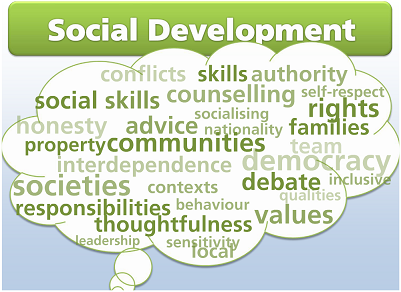 |
|
|
|
|
Cultural Development
The cultural development of pupils is shown by their:
- understanding and appreciation of the wide range of cultural influences that have shaped their own heritage and those of others
- understanding and appreciation of the range of different cultures within school and further afield as an essential element of their preparation for life in modern Britain School
- knowledge of Britain’s democratic parliamentary system and its central role in shaping our history and values, and in continuing to develop Britain
- willingness to participate in and respond positively to artistic, musical, sporting and cultural opportunities
- interest in exploring, improving understanding of and showing respect for different faiths and cultural diversity and the extent to which they understand, accept, respect and celebrate diversity, as shown by their tolerance and attitudes towards different religious, ethnic and socioeconomic groups in the local, national and global communities.
At Northenden Community School we do this through …
- understanding the traditions of different cultures
- visits to museums, art galleries, theatre and music events
- multicultural art and music activities, e.g. through arts month
- developing talents, e.g. in sport and in music
- promoting an interest in and love of different subjects
- understanding technology and how it can be used
- understanding equality and respect for people of all backgrounds
- residential activities
- links and work with other schools
- understanding diversity and a rich diverse heritage
- exploring British and other traditions
|
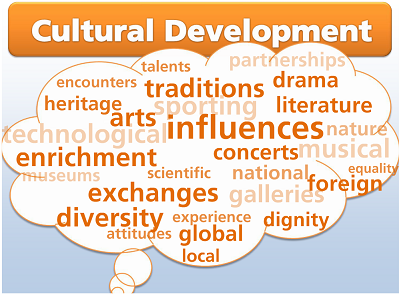 |
|
Fundamental British Values
Through its everyday work and PSHCE curriculum, the school aims to promote and uphold the following fundamental British Values (as defined by OfSTED). We also promote a much wider range of important values which contribute to our school ethos.
- democracy
- the rule of law
- individual liberty
- mutual respect for and tolerance of those with different faiths and beliefs and for those without faith.
Pupils are expected to have:
- an understanding of how citizens can influence decision-making through the democratic process;
- an appreciation that living under the rule of law protects individual citizens and is essential for their wellbeing and safety;
- an understanding that there is a separation of power between the executive and the judiciary, and that while some public bodies such as the police and the army can be held to account through Parliament, others such as the courts maintain independence;
- an understanding that the freedom to choose and hold other faiths and beliefs is protected in law;
- an acceptance that other people having different faiths or beliefs to oneself (or having none) should be accepted and tolerated, and should not be the cause of prejudicial or discriminatory behaviour; and
- an understanding of the importance of identifying and combatting discrimination.
At Northenden, we do this through …
- developing rights and responsibilities
- encouraging respect for each other
- visits to different places of worship
- involving children in democratic issues, e.g. national elections
- visits from our Member of Parliament
|
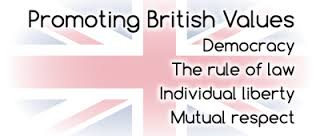 |






